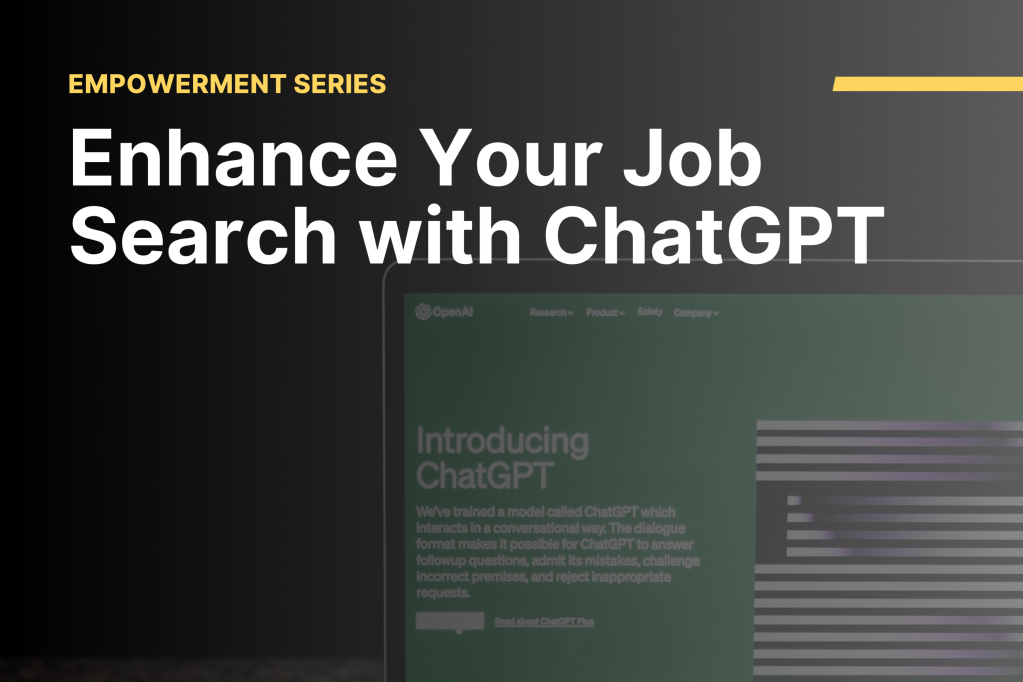
Employer-ready candidates understand how to speak confidently about their technical and transferable skills in ways that sell their professional value to employers. View a more detailed interview prep guide here.
Tell me about yourself.
Think about your past (your previous experience and education), present (what you’re doing professionally and academically, and how these experiences are preparing you for this role), and future (why you want the job you’re interviewing for).
What are is greatest strength?
Consider the job description and the required skills in the posting and align them with a skill you’ve mastered.
Why do you want this job? (or) Why did you choose to go into communications?
Demonstrate your research. What about the organization’s mission, values, and population do you identify with? How do your skills align with this role? Explain why you’re passionate about the communications profession, but avoid getting overly personal. Keep your reply high-level.
Which social media channels are most effective and why?
Combine what you know about the industry and the company’s product with any evidence-based strategies you’ve practiced or observed. Explain why you’ve used them or how you would in the future. Make sure to tie back to why you think the channels you chose would be most effective for this particular company. If you don’t have relevant experience, draw on your coursework to explain the approaches you think work best.
What approach would you take when responding to a negative review or unsuccessful advertising campaign?
This question is designed to investigate your communication and problem-solving skills. Think about a past experience or another professional situation that required de-escalation and resolution. Describe the steps and actions you took to resolve it. Remember not to cast blame, and to frame your example as an opportunity to communicate with the person or people leaving negative feedback.
What would your current supervisor or team say about you?
Focus on your strengths! Try to align your response with a quality listed in the job posting, like “adaptable” or “flexible.” Always provide an example.
Where do you see yourself in five to ten years?
This question seeks your career goals. Share your career aspirations but make sure they align with experience you’d obtain in this specific position at this organization.
What are your salary expectations?
Use resources like salary.com and glassdoor.com to research an appropriate salary range for your location and the job title before interviewing. When possible avoid giving a specific number. Inquire about the range, but rely on your market research, education, and previous experience to demonstrate your value.
Tell me about the most difficult project you’ve worked on.
Don’t be afraid to brag! Use the STAR method (Situation, Task, Action, Result) to tell a story about the project and demonstrate your success.
Tell me about a time when you disagreed with a coworker. What was the situation and how did you resolve it?
This question probes your approach to teamwork and conflict resolution. Use the STAR method again to explain the situation and the steps you took to resolve it.
Pro Tip: Don’t be afraid to answer a situational question if you’re new to the field and lack professional experience. Instead, demonstrate what you’ve learned in your coursework and how you’ll apply that theory to practice. Use previous experience (outside the industry is fine) to tell a story using the STAR framework for behavioral questions to provide details about your accomplishments.









